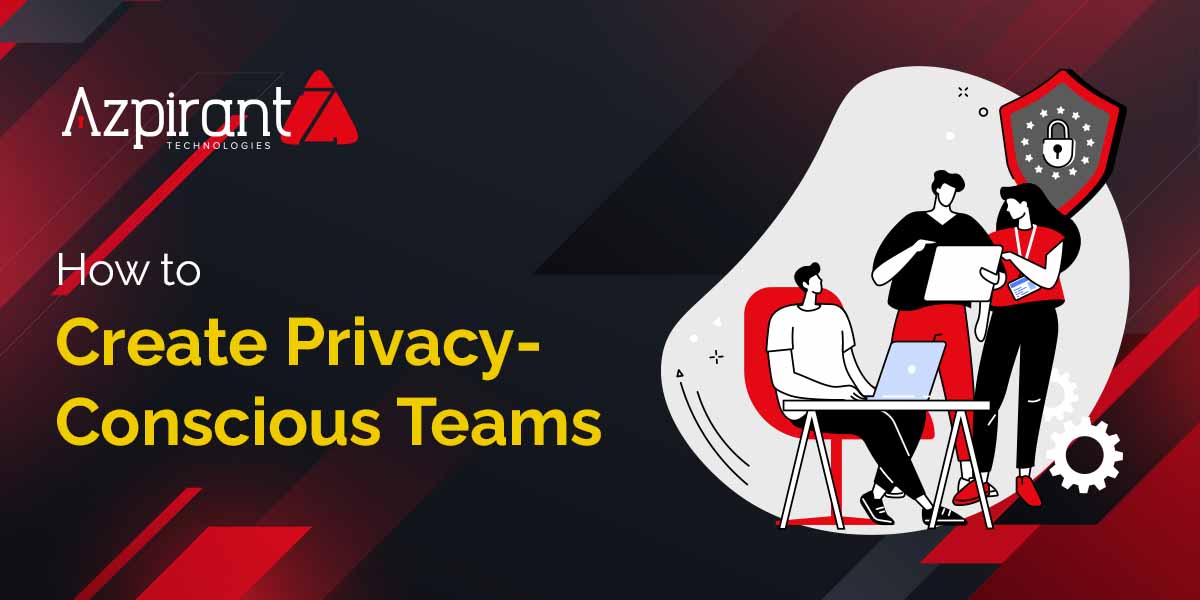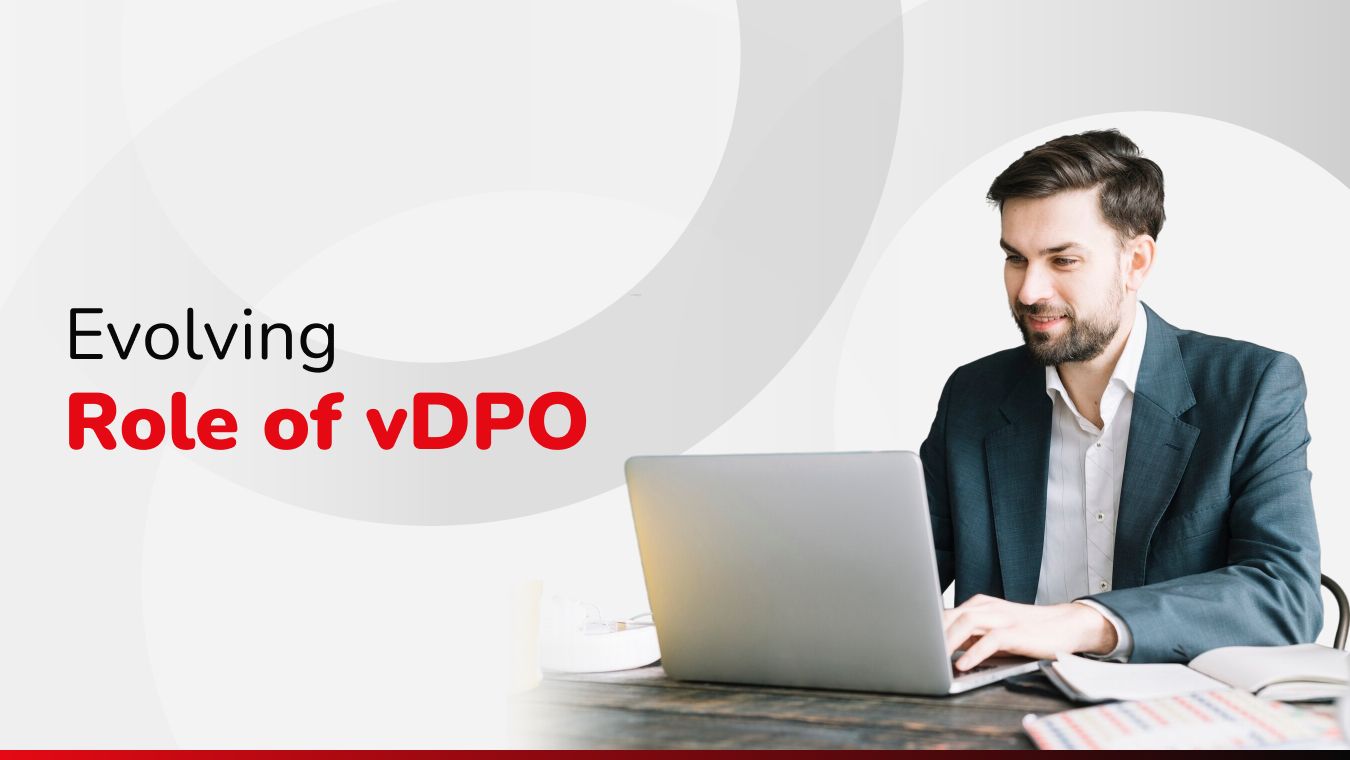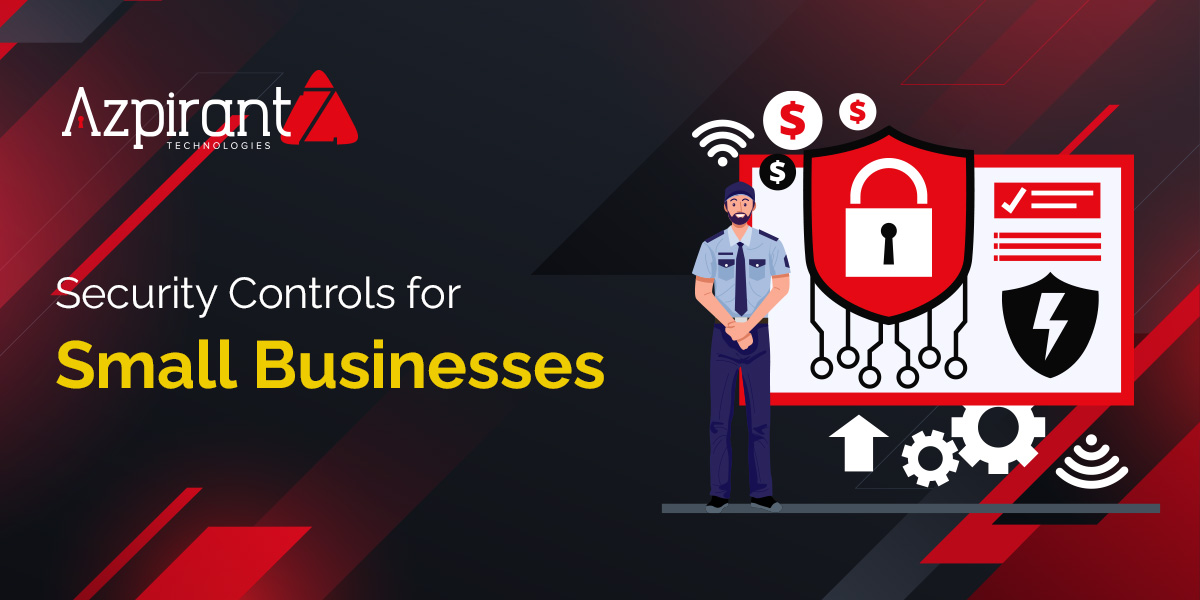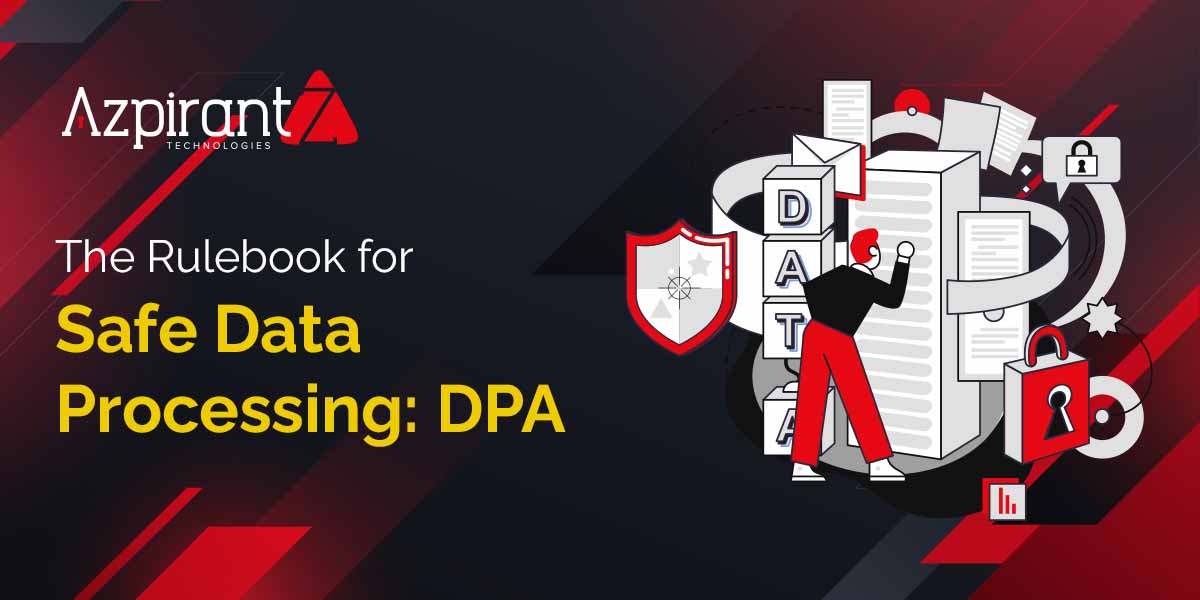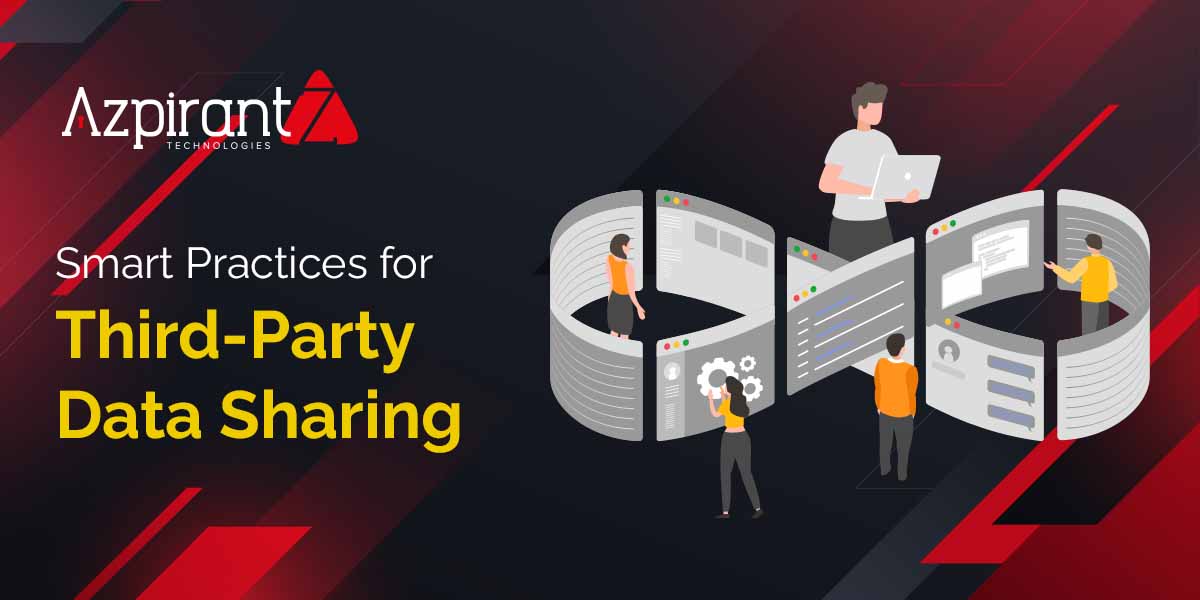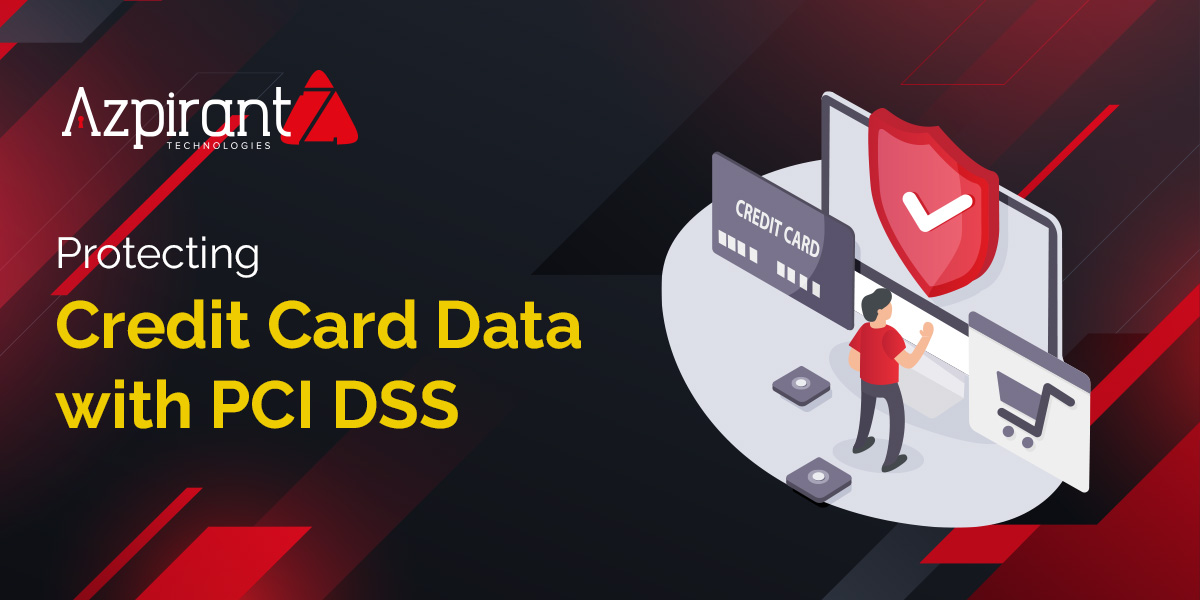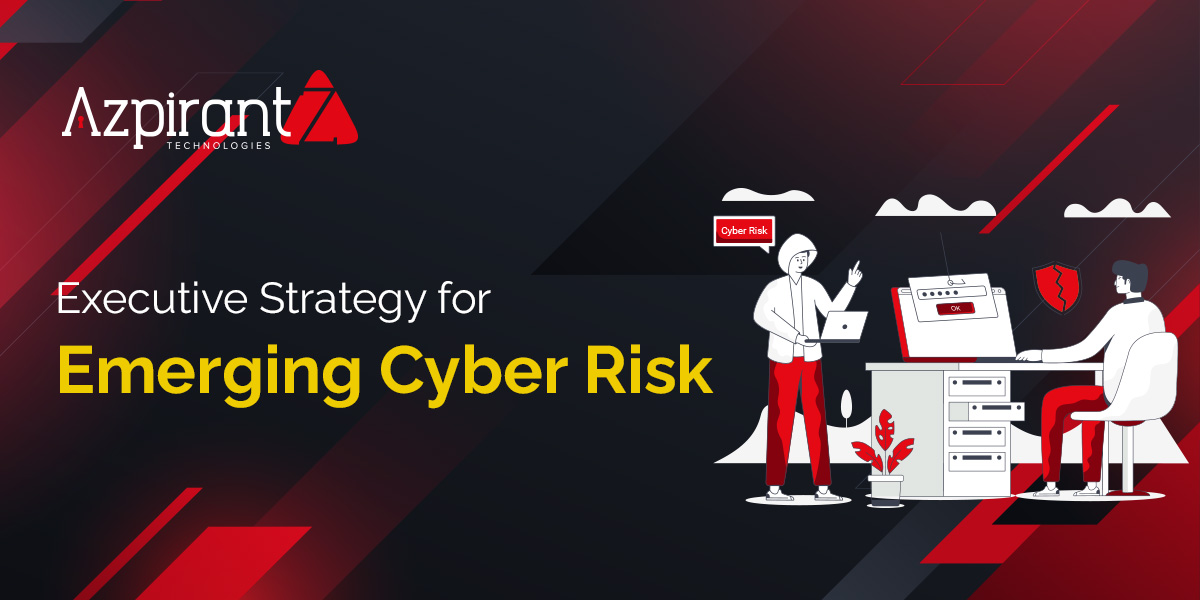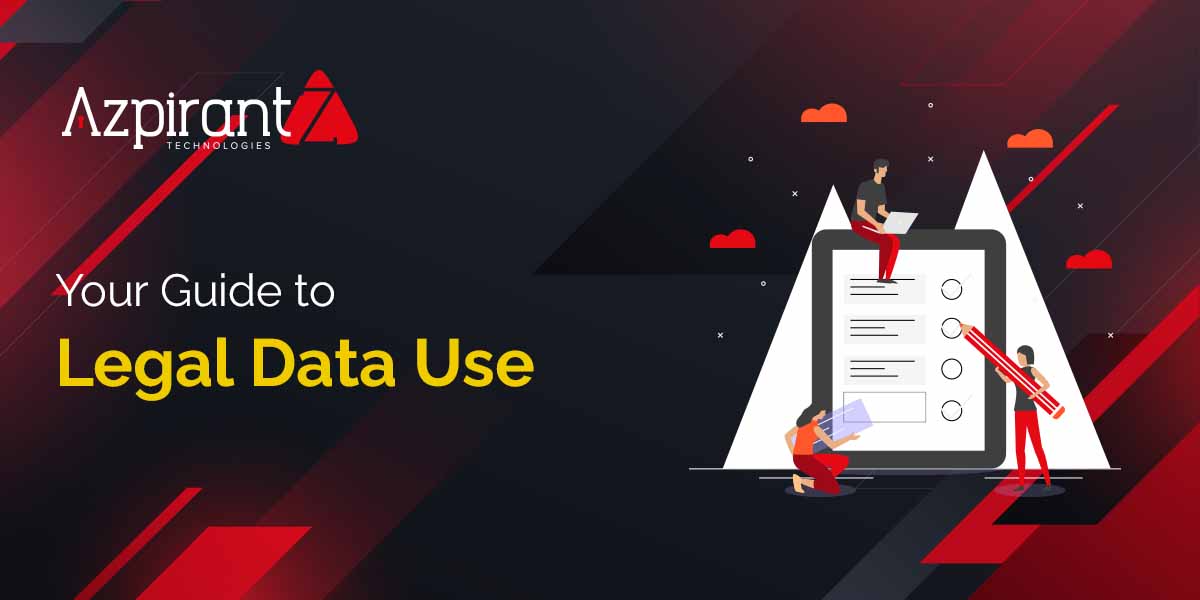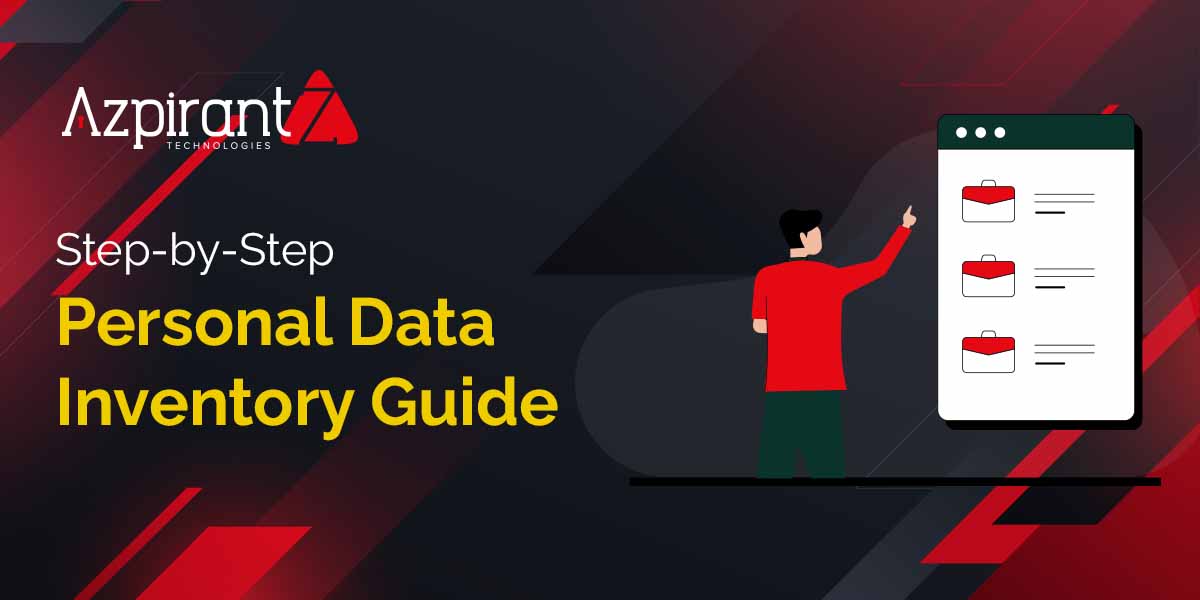Creating a Culture of Privacy: How to Build Awareness Across the Organization
When people hear the word “privacy,” they will be thinking of policies, pop-up consent, or legal documents that nobody reads. However, privacy is not just about checking a box; it is about developing trust. And in today’s data-driven world, trust has the power to make or break a business.
Read More: https://azpirantz.com/blog/creating-a-culture-of-privacy-how-to-build-awareness-across-the-organization/
#dataprivacy #privacyculture #privacyawareness #dataprotection
When people hear the word “privacy,” they will be thinking of policies, pop-up consent, or legal documents that nobody reads. However, privacy is not just about checking a box; it is about developing trust. And in today’s data-driven world, trust has the power to make or break a business.
Read More: https://azpirantz.com/blog/creating-a-culture-of-privacy-how-to-build-awareness-across-the-organization/
#dataprivacy #privacyculture #privacyawareness #dataprotection
Creating a Culture of Privacy: How to Build Awareness Across the Organization
When people hear the word “privacy,” they will be thinking of policies, pop-up consent, or legal documents that nobody reads. However, privacy is not just about checking a box; it is about developing trust. And in today’s data-driven world, trust has the power to make or break a business.
Read More: https://azpirantz.com/blog/creating-a-culture-of-privacy-how-to-build-awareness-across-the-organization/
#dataprivacy #privacyculture #privacyawareness #dataprotection
0 Comments
0 Shares
2K Views
0 Reviews




